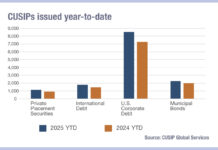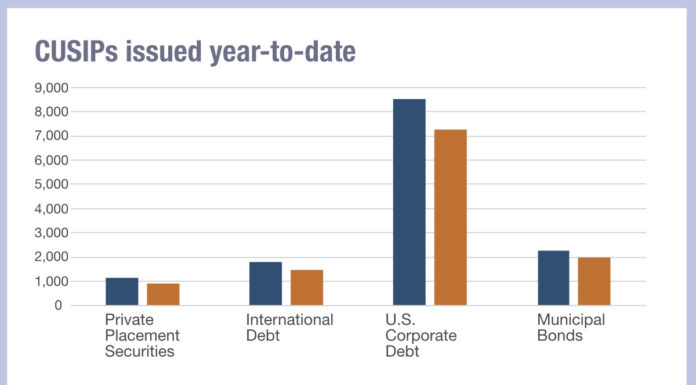Demand for integrated trade and communications surveillance among financial institutions has surged by 100% this year following heightened regulatory scrutiny across the financial markets, research from surveillance specialist SteelEye has revealed.
The report follows hot on the heels of The DESK’s transaction cost analysis (TCA) research, which found a similar increase in demand for transaction data able to capture voice and e-trading activity.
According to SteelEye’s 2023 Annual Compliance Health Check Report, which surveyed more than 300 senior financial services compliance and risk professionals, integrated surveillance is now a key investment area for over a quarter of financial firms (26%), compared to 13% in 2022.
Integrated surveillance refers to the ability to holistically combine, monitor, and analyse structured and unstructured data across trades, orders, communications, and contextual sources such as news and market data.
By integrating date from all trading activity, firms can uncover risks and costs that otherwise go unnoticed when trade and communications surveillance systems are siloed, and provide a more holistic view of trading activity.
It also enables firms to carry out trade reconstructions in a timely manner, which avoids missing the regulatory deadlines.
The increased demand for integrated surveillance comes amid a marked spike in regulatory scrutiny of market manipulation rules, specifically around communications and trade surveillance. This is evidenced by an increase in enforcement actions by regulators on both sides of the pond over the past 18-24 months. For example, in 2022, the Securities and Exchange Commission (SEC) doled out a record US$6.4 billion worth of penalties, while the UK’s Financial Conduct Authority handed out almost triple the number of fines in 2022 compared to 2021.
“Compliance departments of global financial institutions have never been under the level of pressure they are today,” says Matt Smith, CEO of SteelEye. “While regulatory rules haven’t changed much in recent years, the expectations of regulators are higher than ever given how advanced technology in this space has become.”
He continued, “To meet regulatory demand, financial firms need to get better at detecting potential market manipulation. However, they won’t be able to do that if they continue to grapple with a proliferation of data, systems, and platforms. As stretched compliance teams confront a seemingly endless list of challenges, integrated surveillance will be critical in helping firms successfully navigate an increasingly complex and data-dependent regulatory environment.”
©Markets Media Europe 2023
©Markets Media Europe 2025



























